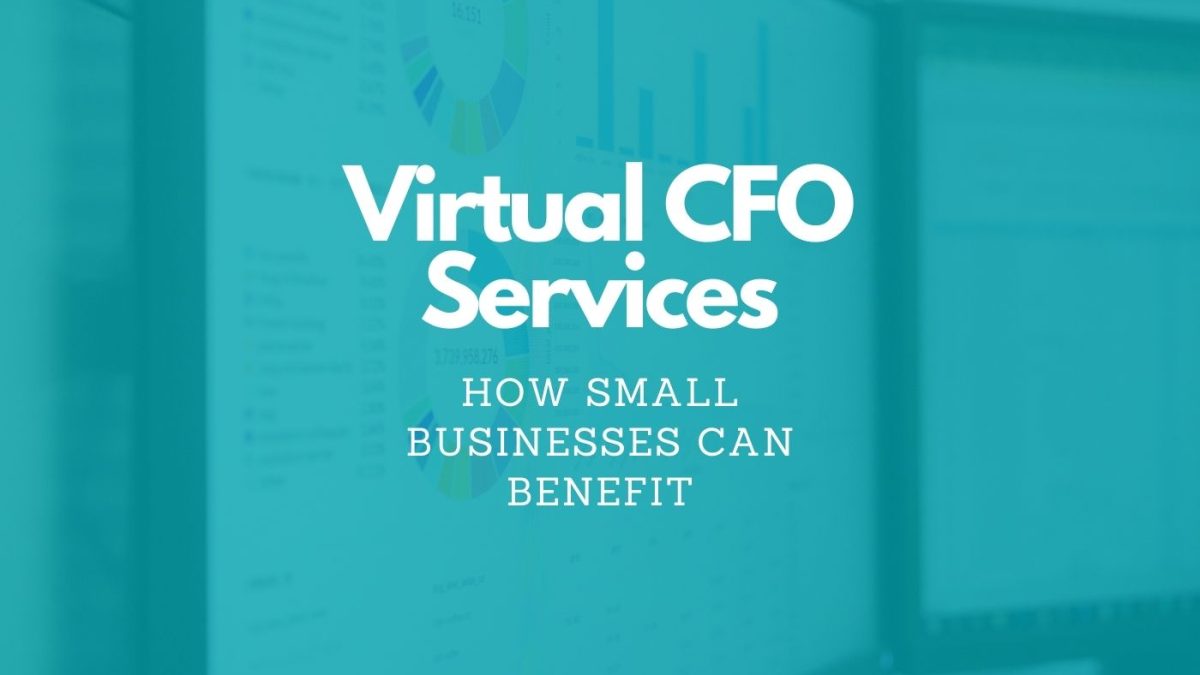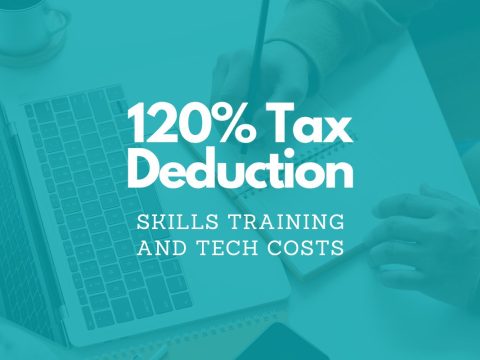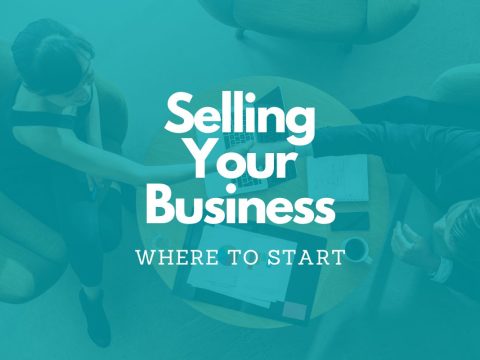Who wears the CFO hat in a small business?
The short answer is: maybe no one. But it’s an easy fix.
A startup or small business is challenging enough in the core work that’s being done, whether that’s high tech research & development, setting up a retail shop, or anything else.
Naturally most of the onus falls on the founders or owners to be across every business function, and of course many fall to the wayside at first.
One business function that seems to be consistently overlooked is accounting & finance. Small companies are unlikely to have an in-house accountant, finance manager or CFO. Since a full-time CFO can cost around $150,000 on average, it’s very understandable!
How do CFOs think?
So while many small businesses can survive without a finance function (can they though, when you look at the statistics?) it’s worth considering the kind of strategic thinking that you may be missing out on. You’re probably not getting this from your bookkeeper or tax agent either, as they’re much more focused on compliance. And that’s important, but it’s not going to grow your business.
Questions an experienced CFO would answer with relative ease:
- Growing the team: Can we afford our first or next hire(s)? Contractor or employee? If employee: casual, part-time or full-time? Job share?
- Investing in equipment: Should we buy or lease our upcoming technology, equipment and other assets? A mix of both? How would depreciation benefit us?
- Budgeting and forecasting: Are we on track to hit our goals? What are our goals? What financial metrics should we be tracking and optimising? Are we headed for a cashflow shortfall?
- What-if analysis: What are the potential results of different decisions we make now? What alternatives do we have? What are the pros and cons of each?
- Extracting value: Should we distribute dividends or reinvest in the business?
- Reinvesting profits: Should we invest in the business’ growth or diversify by making other investments or asset purchases (e.g. office premises) in the business?
- Managing risk: Are the business’ and owners’ assets protected as well as can be? Is the company prepared for any unforeseen events? Is there a succession plan in place?
- Arranging finance: What funding sources might be available to fuel our growth or manage temporary cash flow shortfalls? Debt? Equity? Grants? A mix? How do we use a healthy amount of debt to grow?
Note that these are not purely financial questions, they’re strategic and take a solid amount of business experience and commercial acumen to answer with confidence.
In some cases, the numbers may say one thing, but an experienced CFO would trade a short-term win for a stronger long-term position. That takes more than just technical knowledge.
In a nutshell, if you want to make ‘data-driven’ decisions as a small business owner and lay strong foundations for future growth, you need to be able to answer these questions routinely – either yourself (as a ‘DiY CFO’) or with outside help.
Without hiring an in-house resource, there are realistically only a couple of options available to get this calibre of support.
Ad-hoc support
You could ask experienced friends and family members to help out, or a combination of consultants, including your current bookkeeper and tax agent. All can provide bits and pieces of insight, especially once you’ve provided all the relevant context. There are benefits to this approach, including receiving a variety of opinions and ‘second opinions’ before taking a course of action.
The downsides of this approach include: always needing to provide all the relevant contextual information to each person about each decision (which can be time-consuming and feel repetitive), facing conflicting advice and opinions from different people with no clear answer (which can leave you even more confused), and feeling like you’re asking for favours all the time (if that bothers you).
Ongoing support
With a fixed-fee ‘virtual CFO’ engagement, Allworths offers ongoing support to solve this problem with several key benefits:
- Cost savings and certainty: Rather than paying $150,000 for an employee (meaning leave, super and other entitlements), who could walk away at any time; you spend around $2,500-$5,000 per month (depending on your ongoing requirements) with a firm that isn’t going anywhere.
- Time savings: When one person (or team) truly understands your business and goals, you don’t need to explain yourself every time a new decision pops up. Your Virtual CFO may ask a couple of clarifying questions, but they have all the context and understand the importance of the decision within your broader strategy.
- Expertise and experience: Rather than being stuck with one person and their commercial knowledge, you gain access to the collective knowledge and experience of an entire firm. But with the same (or even more) reliability!
- Strategic, proactive support: When you work with a business advisor who understands your business and is tasked with more than basic compliance work, you unlock a range of possibilities you may not have expected from an ‘accountant’. It’s like having multiple employees, investors and a whole advisory board at once; a group of people who really want to see you succeed and will go above and beyond to help make that happen.
In summary, it is possible to benefit from having a properly run finance function capable of quickly addressing all kinds of financial and strategic decisions being made in the crucial early stages of your business.
If you’re in or know of a business that might benefit from this form of support, we would love to chat with you soon.
IMPORTANT NOTICE
This blog post contains general information only and has been prepared by Allworths without reference to your objectives, financial situation or needs. Allworths cannot guarantee the accuracy, completeness or timeliness of the information contained here. By making this information available to you, we are not providing professional advice or recommendations. Before acting on any of the information contained here, you should seek professional advice.




